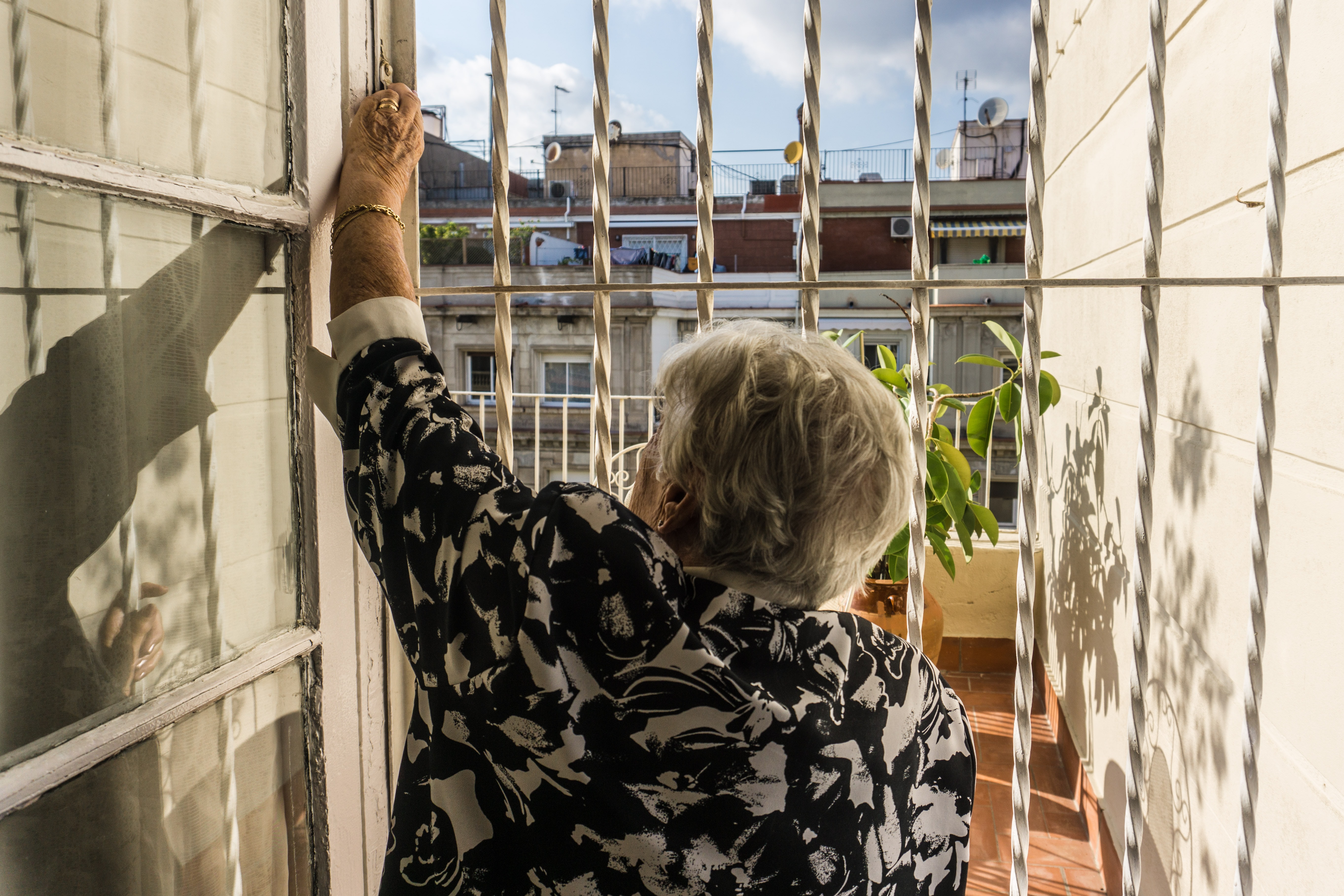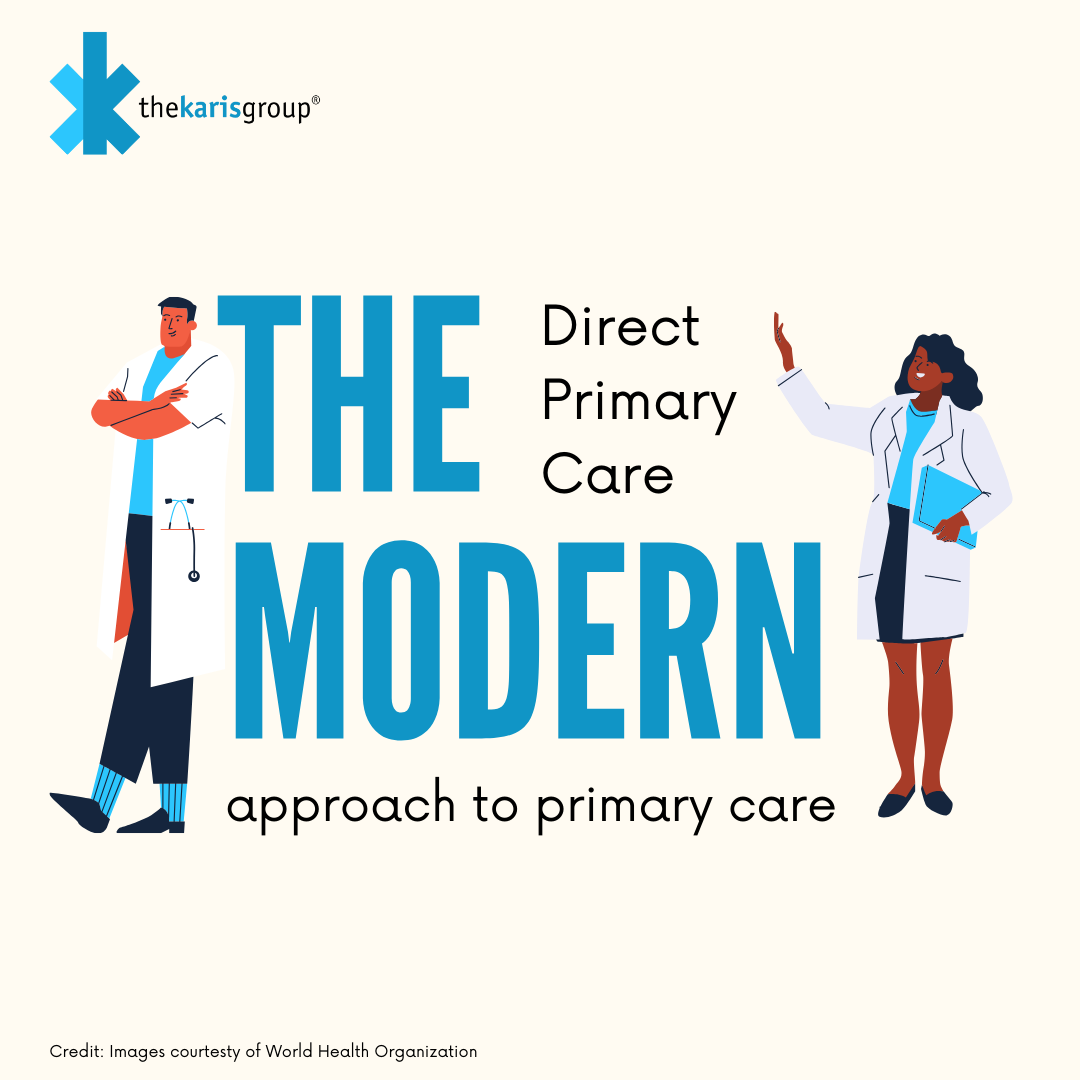May is Mental Health Awareness Month, and this year it comes at an especially stressful time for the whole world. Nurses are having mental breakdowns from the overwhelming number of COVID-19 cases and lack of PPE, families are going stir crazy in their homes, people are worried about how to make ends meet now that their job is gone, and everyone is scared of contracting the virus.
Things may seem bleak, but they will get better. In the meantime, there are several things you can do to help take care of your mental health during this pandemic and beyond.
1. Get Outside
Perhaps one of the best things to come out of this pandemic is all the walks people are going on to get out of the house. There’s a reason this has become a solace for many; multiple studies have shown that sunlight increases serotonin levels, which is essentially the feel-good chemical in your brain. Sunlight on the skin also releases nitric oxide into your blood, which lowers blood pressure. So the next time your kids are driving you up the wall, take a breath and go for a walk outside.
2. Exercise
You don’t have to complete a crazy difficult workout to get the positive effects of exercise. Even just a brisk fifteen-minute walk can create endorphins, which is another feel-good chemical for the body. Specifically, endorphins can help reduce anxiety.
3. Pamper Yourself
Self-care has become a popular term in the last few years, but it really is beneficial. If facials or bubble baths aren’t your thing, don’t worry. Self-care is a lot more than at home spa or beauty treatments (but if that is your thing, by all means, break out the bath bomb and lavender essential oil.) Self-care can also be setting aside time to do whatever you want to do that is solely for your happiness and relaxation. If cleaning helps you to zone out and feel better, then dust to your heart’s content. If playing video games makes you happy but you don’t get to do it often, grab your headset and controller.
4. Laughter
Laughter really is the best medicine! If you’re feeling down, try watching a funny movie or your favorite standup comedian. Like exercise, laughter actually creates endorphins.
5. Disconnect from Social Media
Of course it’s important to stay informed, but there is such a thing as reading or watching too much bad news. If you consistently find yourself feeling anxious or upset after scrolling through Facebook, try reducing your screen time. Read a book, write your thoughts into a journal, call a friend, or just spend a few minutes in quiet prayer or meditation.
6. Talk to a Professional
If you find yourself consistently feeling anxious, unmotivated, sad, or angry and have a hard time shaking it off, it might be beneficial to seek out professional mental/behavioral health help. There is absolutely no shame in seeking out therapy; we go to a doctor when we feel sick or a chiropractor when we’re out of alignment, why not seek professional care for your mental health too? Despite COVID-19, you can still have virtual sessions with a mental health expert, such as the ones at Doctegrity! If telehealth is covered in your insurance, you can potentially see a therapist for little to no cost. Even without insurance, there are many cost-effective therapy options.
We’re living in stressful times, but there are always techniques and tools to help your mental health. It’s okay to not be okay all the time, but it’s important to know at the end of the day you’re still in control of your mental health and can take steps to improve it.





